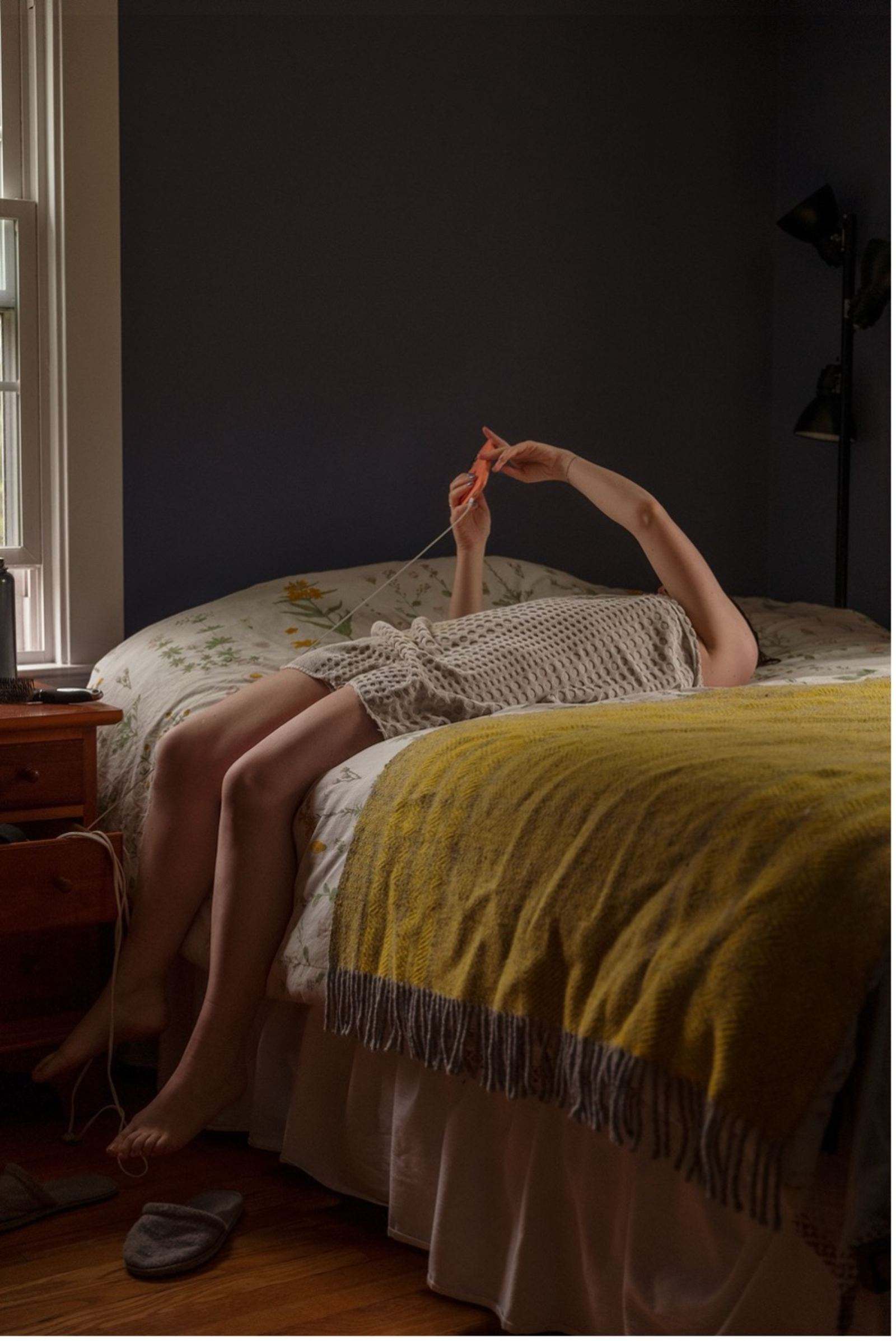In this TIME article, Belinda Luscombe interviews five single Americans to examine how the COVID-19 pandemic reframed singlehood from a lifestyle choice into a defining social and emotional condition. The article explores how prolonged isolation, job loss, and the disruption of routine magnified feelings of loneliness, especially among those without romantic partners. Maggie Duckworth, a 43-year-old event coordinator, is forced to move back in with her parents after losing her job—an experience that initially felt like failure but ultimately led to renewed familial intimacy and caretaking. Lucy Anguiano, a 54-year-old marketing manager, struggles with work-life balance while teleworking, eventually creating strict boundaries to manage mental health and pursue virtual socialization and therapy.
Luscombe’s reporting challenges the normative emphasis on romantic partnership by showing how many singles found fulfillment in non-romantic relationships, and by highlighting the emotional labor of navigating a crisis without institutionalized forms of support. The piece critiques the ideology of American individualism, revealing its insufficiency in the face of collective crisis.
This article offers grounded, diverse first-person accounts that counter more dominant narratives centered on families or couples. It also contributes to a broader critique of social atomization, while documenting adaptive strategies for resilience among marginalized populations.

Image Captions:
Photographer Eva O’Leary, who used photography to process her lockdown emotions in her hometown, is shown lying on a bed using her phone. From Eva O’Leary, “Being Single Was Just a Part of Their Lives Before the Pandemic,” TIME, 17 April 2021.Citation: Luscombe, Belinda. “Being Single Was Just a Part of Their Lives Before the Pandemic. Then It Became the Defining One.” TIME, 17 April 2021, bit.ly/4c9d52g. NON- FICTION, JOURNALISTIC, [DECEMBER 2019 – APRIL 2021] | US. kh/jb/ig
Source Type: Online Blog Posts
Country: US
Date: 17-Apr-2021
Keywords: Loneliness, Mental Health, Living Alone During COVID-19, Singlehood, Resilience, Gender and Care Work, and United States